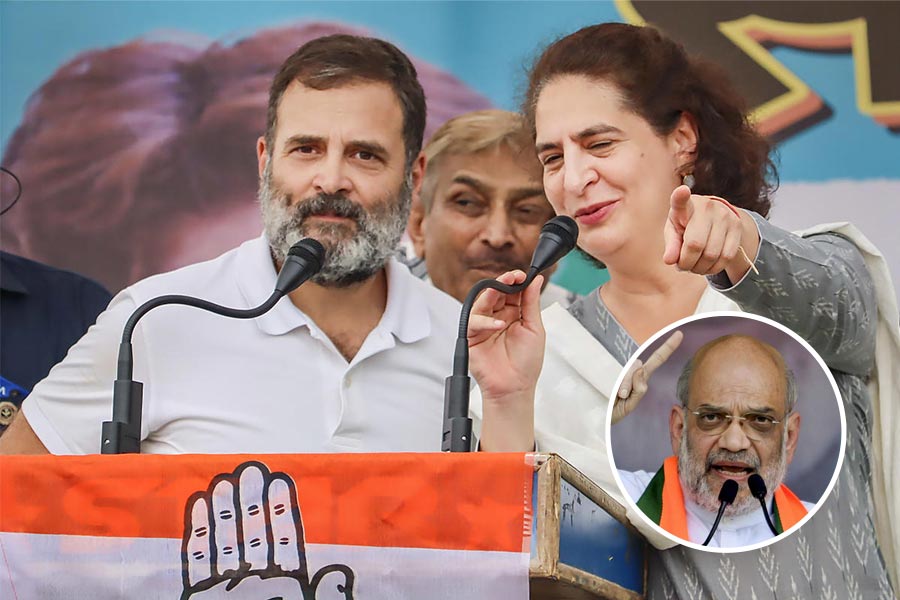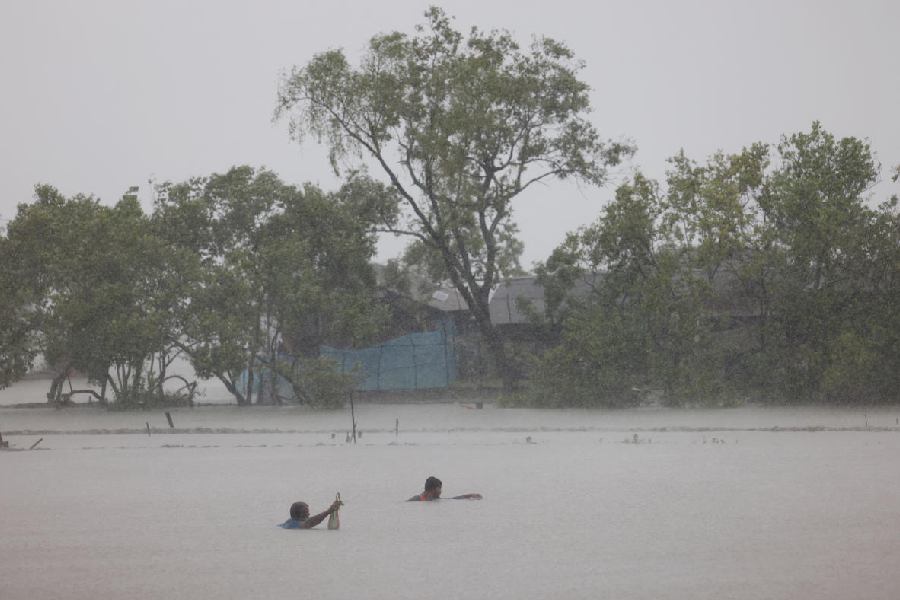A fresh order worth Rs 365 crore to a mid-sized EPC (engineering procurement and construction) firm from Calcutta-based Shrachi Group appears to have brought the owners more frown than frolic.
The Todis, the promoter of BTL EPC Ltd, are engaged in hectic parleys with nationalised banks to secure bank guarantee, a key element in any government contract.
The triple B rated company received the order from PSU Bhel, which is building a power plant for Telangana State Power Generation Corporation Limited.
BTL received the contract to set up a handling system, which consists of a 21.77km long conveyor for coal, limestone and gypsum, at Nalgonda district in Telangana.
“This is the largest we have got so far and the order book now stands at Rs 1,200 crore. However, we are not getting adequate support from banks, which is making the execution challenging,” Ravi Todi, managing director of Shrachi Group, said.
Banks are seeking full collateral to provide bank guarantee (BG) and performance BG, which is usually 5 per cent and 10 per cent of the total contract, respectively.
This is a non-fund exposure that banks take for a fee. The bank guarantees are encashed if the awardee fails to execute the contract according to the terms and conditions of the contractor.
The bank guarantees are required to be furnished by BTL to get an advance from Bhel.
“The advance is important for us to kick off the project work. But we are now being asked to bring the same amount of collateral as the value of the bank guarantee. It is a clear departure from the past, when lenders used to ask only 15-20 per cent,” Todi said.
Lenders’ view
Bankers say they have reasons to turn cautious as several infrastructure projects have run aground. They blamed the weak balance sheet of EPC players.
“Today, the balance sheet strength of EPC companies along with their ability to monitor and manage multiple projects are in doubt. There have been delays in projects and in many cases the matter has gone into arbitration with appeals pending in the lower and higher courts. As a result, receivables are stuck, which further worsens the balance sheet,” an SBI official said.
According to him, the profile of the customer determines the collateral (cash or asset) requirement for bank guarantees.
“If the company is big, it could be 15-20 per cent, if it’s a small company with local projects, it could be 100 per cent also,” said the official, adding that the limits are reviewed periodically. Even though Todi said bank guarantee was a non-fund exposure which involves no cash outgo, banks who are wary of taking bold decisions fearing the wrath of investigative agencies for corruption, disagree. Mounting NPAs, a large part of which is accrued from the infrastructure sector alone, do not exude confidence either.
“Lets make one thing clear, bank guarantee is a commitment made by the issuing bank to pay the beneficiary and if it is invoked within the validity, there is an obligation to pay on demand. So, it is absolutely crucial for us to appraise the proposals for guarantees with proper due diligence and obtain adequate cover by way of margins so as to prevent any tendency of default in payments,” the official explained.
EPC players said often it was the external environment that causes stress. Infrastructure projects are fraught with several risks, starting with regulatory to environment or local resistance.
But they singled out delay in government payments, clearance from different agencies and trouble over land acquisition as the biggest hurdles that send many packing.











